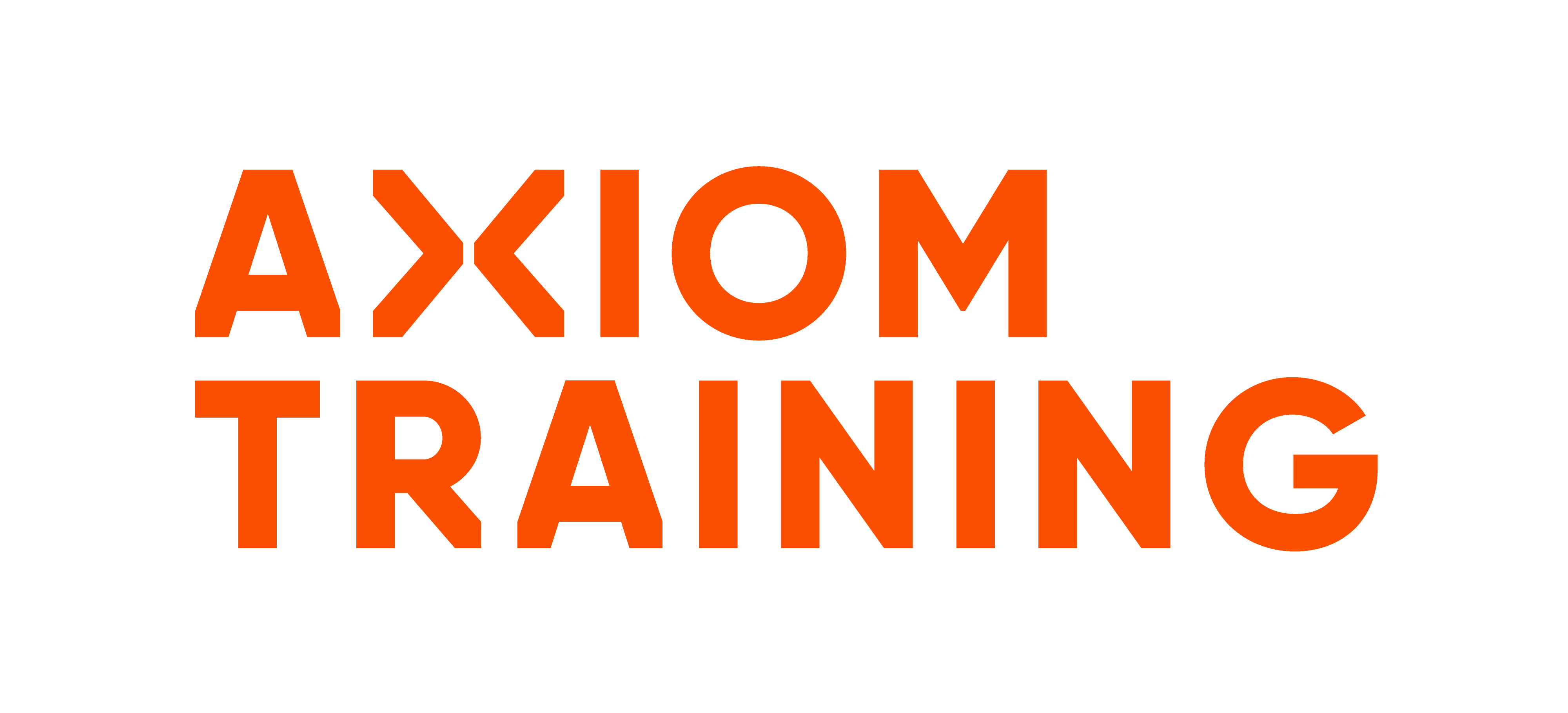Demonstrate Knowledge of Crane Industry
Key Information
Duration: Half day (4 Hours)
Maximum Attendees: 8
Training available nationwide at one of our centres, or your own workplace
Gain a broad understanding of the crane industry and the operations involved with different types of cranes
Overview
This course provides a comprehensive overview of the crane industry and the relevant safe practices applicable to the operation, servicing, maintenance and documentation relating to different cranes and their associated equipment.
Students need to have 3 months of work experience in the industry prior to doing the course.
Please bring along your ID - We need to verify the identity of students in attendance, please bring ID with you on the day of training.
Key Learning Outcomes:
- Understand the hazards associated with the operation of cranes and safe work practice
- Recognise the main types and categories of cranes including their configurations, capabilities and recommended uses including safe working loads
- Practical knowledge of daily checks and servicing of cranes and associated equipment
- Prepare the documentation for crane operations and equipment maintenance requests
Entry Criteria:
-
All students are required to have a level of written and oral English equivalent to NCEA level 1 (year 11) or IELTS 5.5 or higher, to be eligible to attend our courses. The person responsible for making bookings or authorising attendance on the course must agree to these Terms and Conditions prior to acceptance of their student(s) onto the course. Where a student does not meet our English language requirement a reader/writer must be supplied by the student or the person responsible for authorising the student’s attendance. The reader/writer cannot be another student attending the same course.



